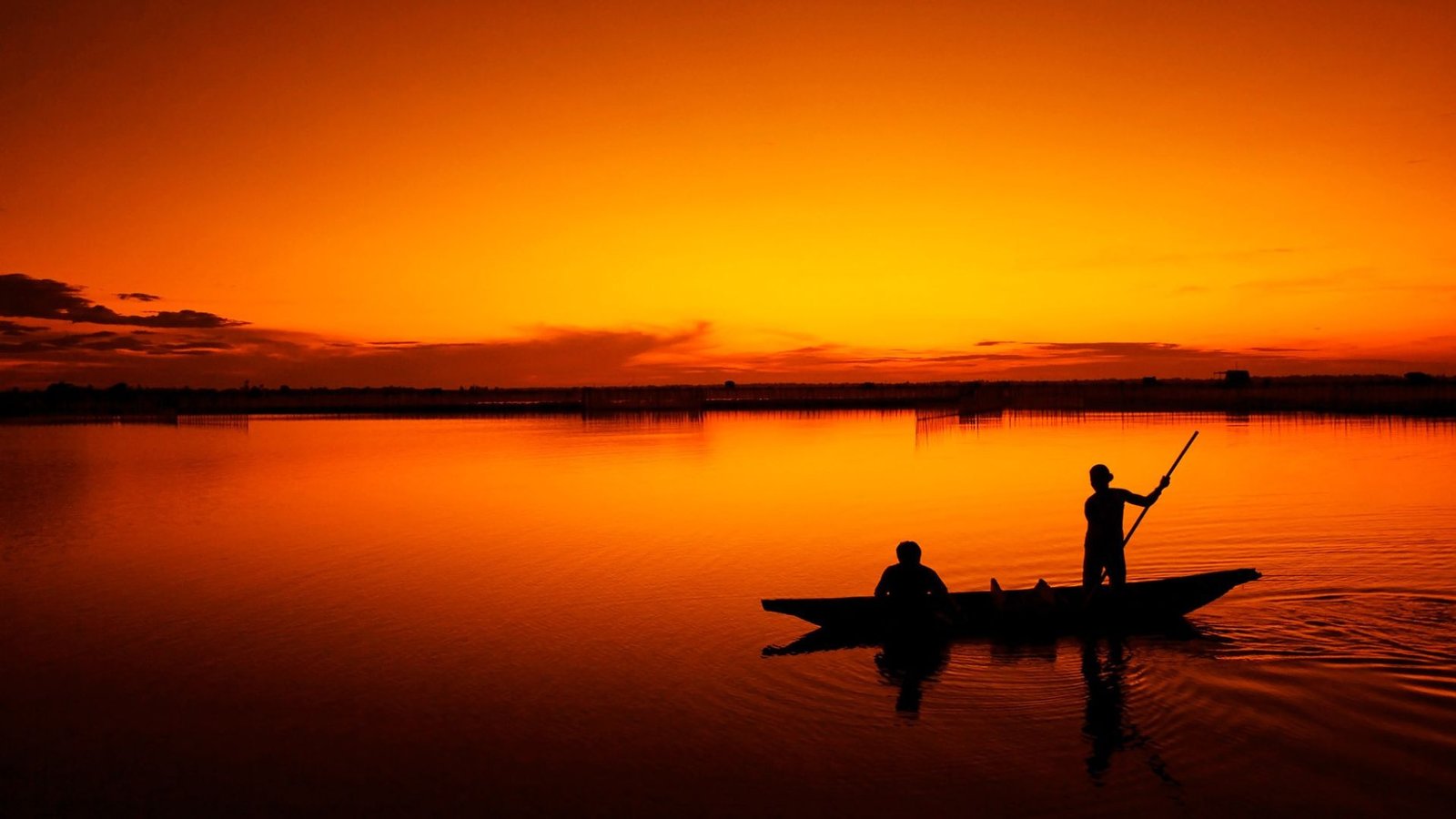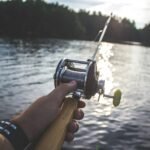Fishing is an ancient vocation that has been closely associated with human since the Paleolithic era. However, it has progressed from a meager pursuit into a lucrative industry that provides sustenance to billions while simultaneously entertaining millions. The captivating narrative of fishing is what we are here to explore, hence take your time and read on this comprehensive compilation.
Prehistoric Beginnings
Humans have been gathering fish from over 70,000 years ago, gathering animals from shallow waters using simple tools and techniques, such as nets and spears. The Upper Paleolithic period, roughly 40,000 years ago, had successful fishing and gathering procedures.
Ancient Innovations
The development of civilization was accompanied by an improvement in the methods of fishing. The Egyptians and Romans were heavily dependent on the products of fishing, so they designed something like a valuable fish hooks and fish traps. By 600 BC in Greece and Rome, fishing became a separate occupation that could support both the economy and food of civilizations.
Medieval to Modern Transition
In the 14th century, large-scale commercial fishing began to develop. The Sumerians’ invention of sail technology was revolutionary in terms of moving on water, and fish dishes became available across the oceans from the 16th century. In the 19th century, large steamers were used to fish some species of fish and, in some cases, even process them.
Contemporary scene
Fishing in the contemporary scene is a major industry with global reach. About 38 million in total are actively engaged globally in fisheries and aquaculture. As a major industry, it also provides employment to over 500 million people found in direct or indirect employment . Modern times have seen the development of equipment and techniques more advanced than the earlier ones. The contemporary scene is defined by the exploitation of the understanding of the marine ecosystems on a scale and scope not possible earlier.
Challenges and Sustainability
There are certain challenges that the fishing industry faces even though it is one of the essential parts of human lifestyle. Specifically, overfishing and climate changes contribute to the hazards that fishing as an activity endangers marine life. Thus, the notion of sustainability and conservation of resources becomes especially relevant to the process of fishing. In addition, the popularity of recreational angling also means that the balance of marine life requires fishing to remain a responsible and often sustainable practice.
Reference List
Cotter, A. J. 2019. Overfishing and Climate Change ‘to Cause Food Supply Collapse.’ Web.
Taylor, L. 2019. Angling is on the Rise but Principal Threats Are Now Climate Change and Alien Species. Web.
Balancing Tradition and Technology
Modern methods can certainly be efficient, but the traditional ways of fishing are important for sustainability and saving our culture. This can become a compromise between the two extremes and ensure that our ocean does not suffer.
Conclusion
Fishing has expanded greatly from its roots, with new means, technologies and records being set over time. Now, the fishing industry can assess its history and remember how challenging and important it was. Our megatrawl fleet helps people and communities worldwide and lessens the need for different industries and risky waste. As such, regardless of its advancements and eventual reliance on new, robotic methods, fishing remains important and should not be remembered only for that way but the future.



